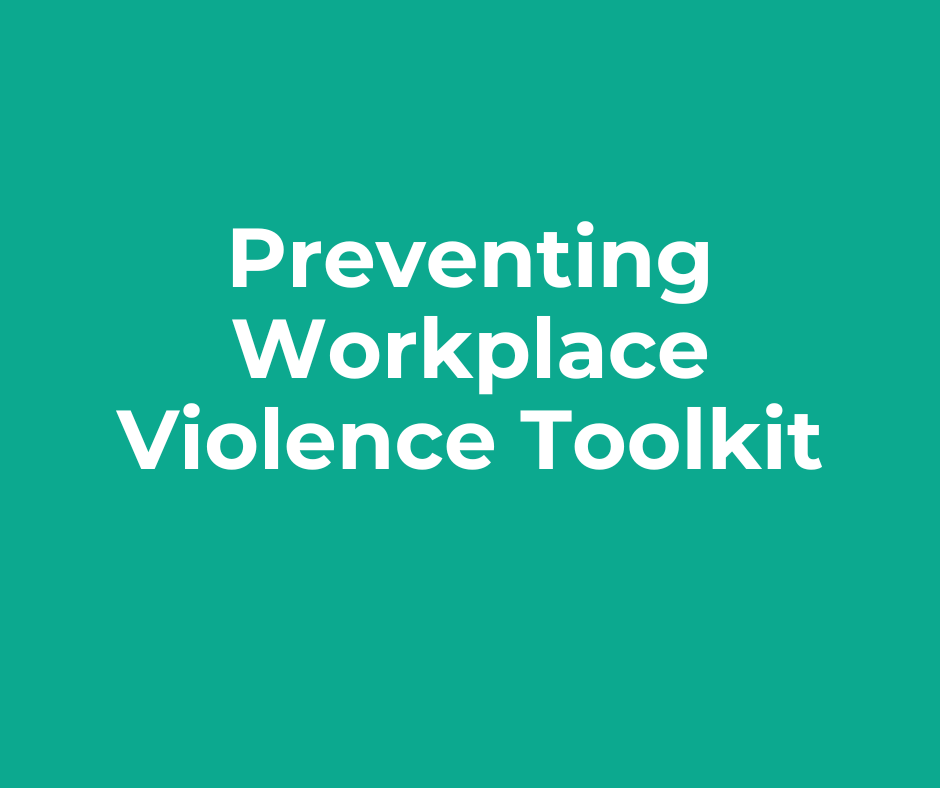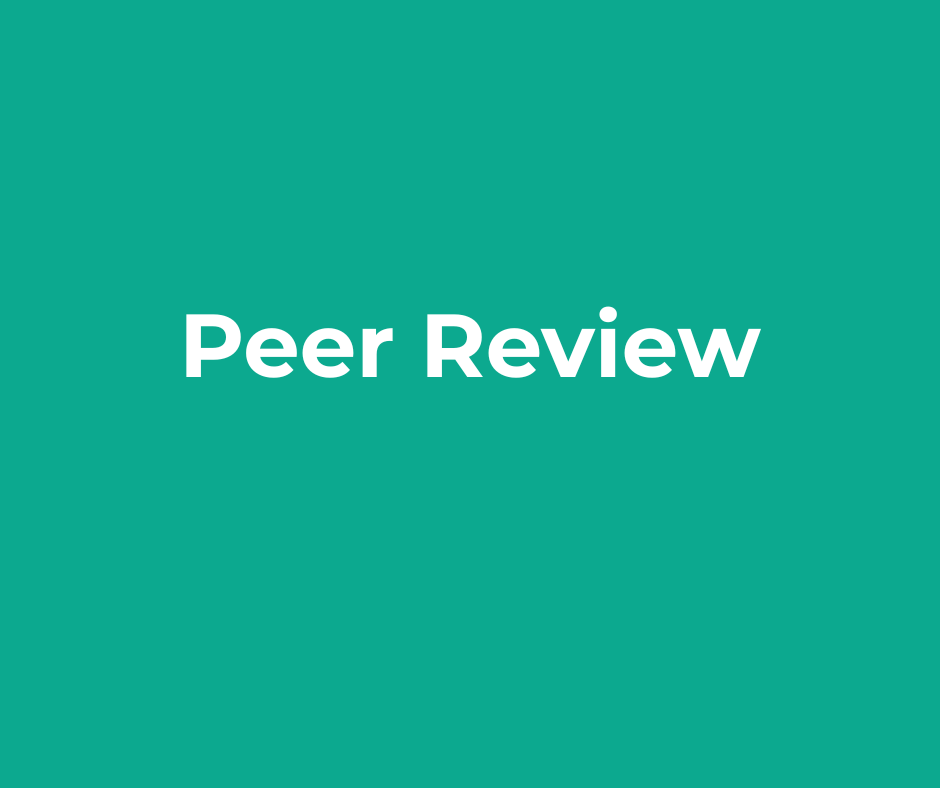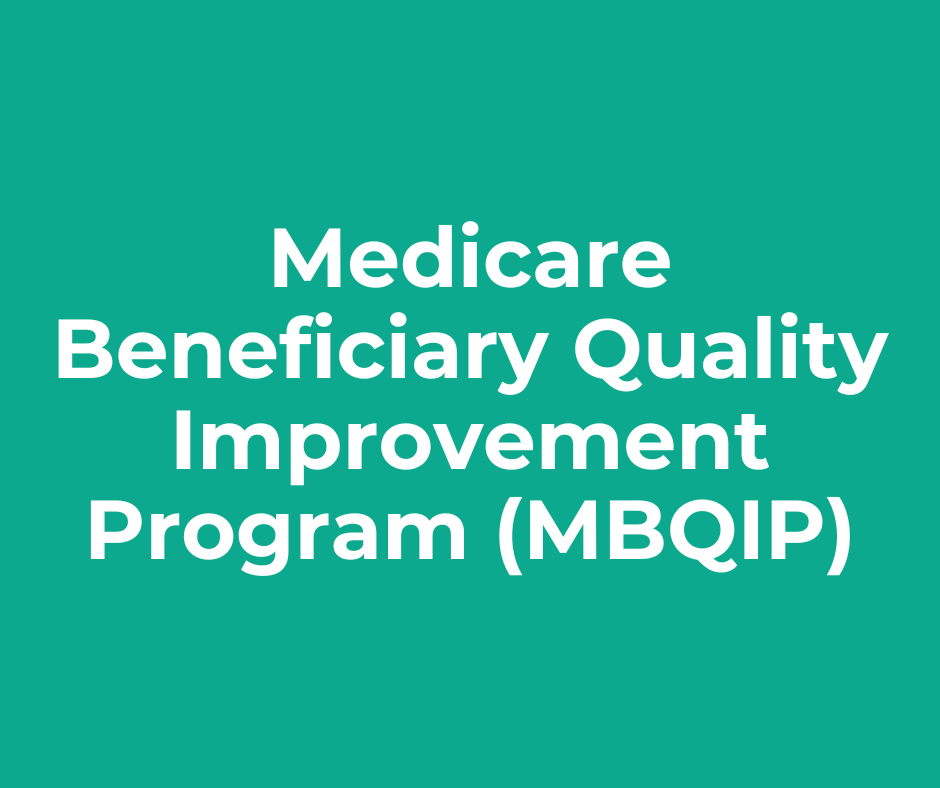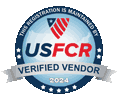Strengthening QI Foundations for Statewide Improvement and Impact
The 2025 VPQHC Quality Improvement Training Series offered six sessions from January through June, open to all healthcare professionals across Vermont. Each session focused on foundational QI concepts and practical tools to build capacity for improvement. Learning objectives and materials for each session are listed below.
For more information about the Quality Improvement Training Series, please contact Randy Messier (RandallM@vpqhc.org).
Session #1: Setting the Stage
January 28, 2025, 12:00-1:30
Session #1 Learning Objectives:
- Understand the Program Structure: Describe the session process, content, dates, times, and expectations for participation.
- Differentiate Types of Quality Improvement (QI): Distinguish between Quality Assurance, Quality Improvement, and QI Projects versus QI Initiatives.
- Identify QI Methods: Recognize and compare various QI methods such as Lean/Six Sigma, IHI, DAMAIC, and Clinical Microsystems, understanding their strengths and limitations.
- Utilize QI Tools: Explain the role of QI tools like RCA, FMEA, Fishbone Diagrams, Process Flow Maps, and A3 in the improvement process.
Book: Practical Measurement for Healthcare Improvement (50% Off Promo Code: PPM2250)
Article: The Problem With Plan-Do-Study-Act Cycles
Article: A Guide to Quality Improvement Methods
Article: "Buy-In" Versus Ownership
Article: QI Methodologies
Article: A Humanistic Approach to Improvement: The Multiple Sclerosis Continuous Quality Improvement Collaborative Coaching Approach
Session #2: Where To Start
February 18, 2025, 12:00-1:30
Session #2 Learning Objectives:
- Understand Team-Based QI: Explain the importance of team-based QI, identify key team members, and distinguish between buy-in and ownership.
- Facilitate Effective Team Meetings: Demonstrate how to structure team meetings using an agenda template, define roles, and manage time effectively.
- Define and Assess the Problem: Differentiate between symptoms and problems, identify current state, and baseline data, and evaluate data within context.
- Assess the Current State: Apply tools such as RCA and Process Flow Maps to identify where in the process the problem occurred.
Session #3: Focused Improvement
March 25, 2025, 12:00-1:30
Session #3 Learning Objectives:
- Develop a Global Aim Statement: Review work to date, create a Global Aim Statement, and map the current process using a Process Flow Map.
- Formulate Specific Aim Statements: Narrow down the focus to specific aims linked to the Global Aim.
- Generate Change Ideas: Utilize Fishbone Diagrams, brainstorming, and multivoting techniques to develop and prioritize change ideas.
Session #4: PDSA Cycles & Measurement
April 29, 2025, 12:00-1:30
Session #4 Learning Objectives:
- Create a PDSA Cycle Plan: Develop a PDSA cycle plan using a template, understand the importance of small sample sizes, time management, and measures.
- Design a Measurement Plan: Identify process and outcome measures and set measurement goals.
- Understand Simple Variation: Explain the concept of simple variation and determine when enough data has been collected before applying statistical analysis.
Session #5: Moving From PDSA to SDSA & Sustainability
May 20, 2025, 12:00-1:30
Session #5 Learning Objectives:
- Transition from PDSA to SDSA: Determine when it is appropriate to move from PDSA to SDSA.
- Develop a Sustainability Plan: Create a plan to ensure the sustainability of improvements.
- Celebrate and Learn: Recognize achievements, celebrate wins, and learn from opportunities for improvement.
Session #6: Special Topics & Sharing
June 17, 2025, 12:00-1:30
Session #6 Learning Objectives:
- Deeper dive into QI measurement
- The 3 Worlds Model- Clinical, Operational and Financial measures
- Feedforward and Feedback measurement systems
- Importance of Communication in QI
- Listening Well
- Dealing with resistance
- Tying it all together
More Resources:
